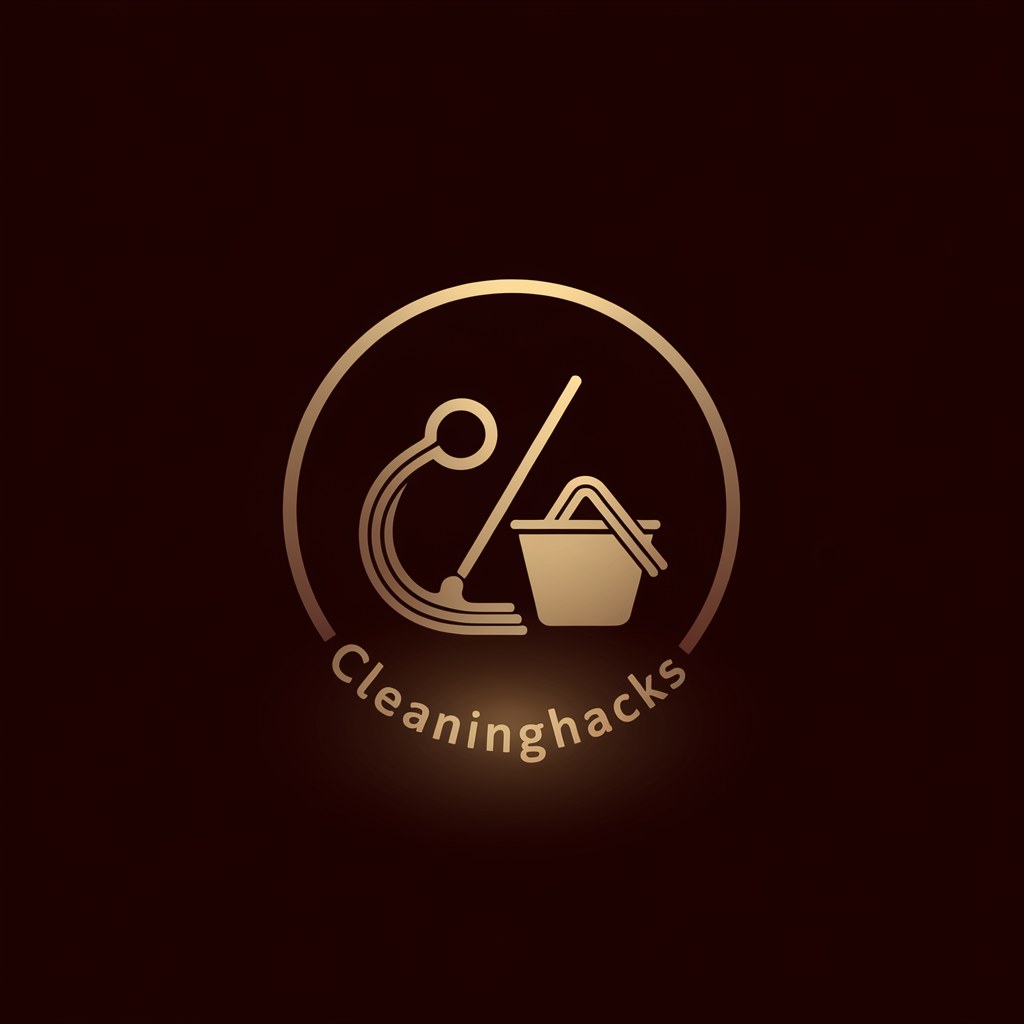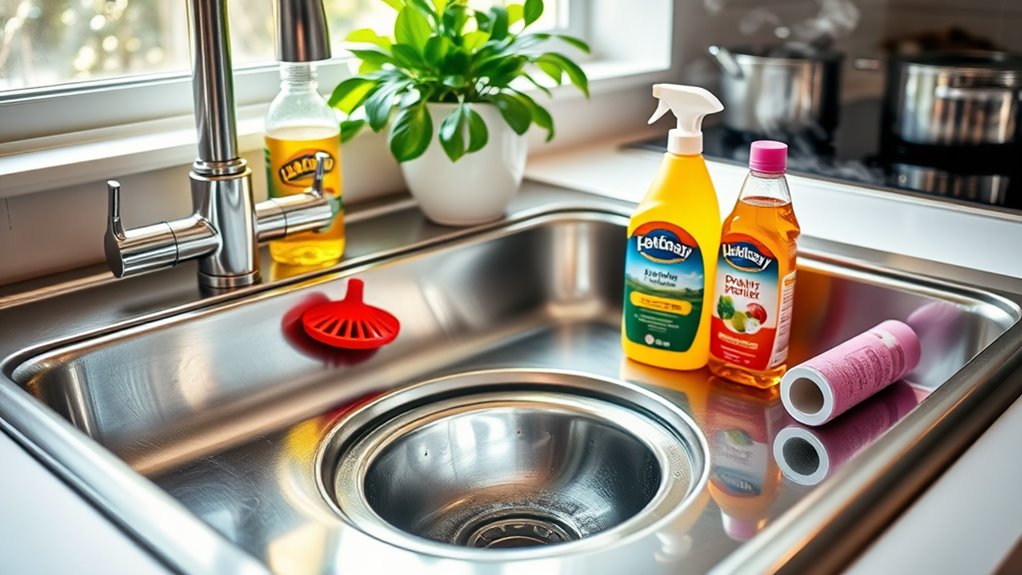Never Deal With a Clogged Drain Again-Here’s How
To never deal with a clogged drain again, tackle common causes like hair and grease using preventative measures. Invest in essential tools, like a plunger and drain snake, for quick fixes. For minor clogs, use DIY methods like baking soda and vinegar. Regularly flush your drains with hot water and avoid pouring grease down sink. Schedule yearly professional inspections to maintain efficient flow and catch potential issues early. Discover more strategies to keep your drains clear continuously.
Understanding Common Causes of Clogged Drains
Clogged drains often stem from a few common culprits that can disrupt your plumbing system.
Hair, food particles, and grease are frequent offenders.
Over time, these materials accumulate, leading to blockages.
To tackle this issue, consider an unclog drain DIY approach. Additionally, using a highly effective homemade drain cleaner can help dissolve stubborn clogs and prevent future build-up.
Regular maintenance, like using strainers and avoiding pouring grease down the sink, can help prevent future clogs and keep your drains flowing smoothly.
Essential Tools for Unclogging Drains
To effectively unclog drains, you need to have the right tools at your disposal.
Start with basic tools like a plunger and a drain snake, which can handle most minor blockages.
For tougher clogs, consider investing in advanced equipment like a hydro jet or a motorized auger to tackle more stubborn issues. Using a simple drain unclogging tool can also save you money on costly plumbing services in the long run.
Basic Tools Required
A well-equipped toolbox can make all the difference when tackling clogged drains.
Start with a plunger for basic blockages. A drain snake helps reach deeper clogs.
You’ll also need a bucket to catch excess water and a pair of rubber gloves for protection.
A flashlight can illuminate dark spaces, and a wire hanger can serve as a makeshift tool for minor issues.
Advanced Equipment Options
When tackling stubborn clogs that basic tools can’t handle, investing in advanced equipment can be a game changer.
Consider a motorized drain auger for deep blockages or a high-pressure water jetter to clear tough debris.
A video inspection camera can help you identify the clog’s cause, allowing for targeted solutions.
These tools streamline the process, making drain maintenance efficient and effective.
DIY Methods for Clearing Minor Clogs
Minor clogs can often be resolved using simple DIY methods, saving you time and money.
You can start by using a plunger, ensuring a tight seal before applying force.
Alternatively, mix baking soda and vinegar to break down buildup; let it sit for 30 minutes, then flush with hot water.
A plumber’s snake can also effectively dislodge stubborn debris. Additionally, using effective DIY methods can empower you to tackle common clog issues without needing to call a plumber.
Preventative Measures to Avoid Future Clogs
Although clogs can seem inevitable, adopting preventative measures can greatly reduce their occurrence in your drains. Regular maintenance and mindful habits can save you from headaches. Here are some effective strategies:
| Preventative Measure | Description |
|---|---|
| Use Drain Screens | Catch debris before it enters |
| Dispose of Grease Properly | Never pour grease down the drain |
| Flush with Hot Water | Use weekly to dissolve buildup |
| Regularly Clean Drains | Use a mixture of vinegar and baking soda |
| Avoid Chemical Cleaners | They can damage pipes over time |
In addition, using baking soda can effectively unclog your drain when needed.
When to Call a Professional Plumber
If you’re dealing with persistent clogs that won’t go away despite your best efforts, it may be time to call a professional plumber. Additionally, look out for signs of extensive damage, like water pooling or unusual odors, which can indicate a more serious issue. Addressing these problems early can save you time and costly repairs down the line. Consider trying effective methods to unclog your sink before seeking professional help, as they can often restore proper drainage quickly.
Persistent Clogs Remain Unresolved
When persistent clogs refuse to budge despite your best efforts, it’s time to think about calling a professional plumber.
They’ve specialized tools like drain cameras and hydro-jetting equipment that can effectively identify and clear deep blockages.
Attempting to fix severe clogs yourself can lead to pipe damage or worsen the issue, so don’t hesitate to seek expert help when needed.
Signs of Extensive Damage
Ignoring persistent clogs can lead to more significant issues, including signs of extensive damage to your plumbing system. If you notice leaks, damp spots, foul odors, gurgling noises, or slow drainage, it’s time to call a professional plumber. Addressing these symptoms early can save you costly repairs later.
| Sign | Action Needed |
|---|---|
| Leaks | Call a plumber |
| Damp spots | Inspect for damage |
| Foul odors | Check for blockages |
| Gurgling noises | Schedule a consultation |
| Slow drainage | Investigate immediately |
Maintaining Your Drains for Long-Term Health
Maintaining your drains is essential for ensuring their long-term health and preventing costly blockages.
Regularly clean your drains using a mixture of baking soda and vinegar.
Avoid pouring grease or food scraps down the sink.
Install drain screens to catch debris and schedule professional inspections annually.
These proactive measures will help you maintain efficient flow and extend the lifespan of your plumbing system.

